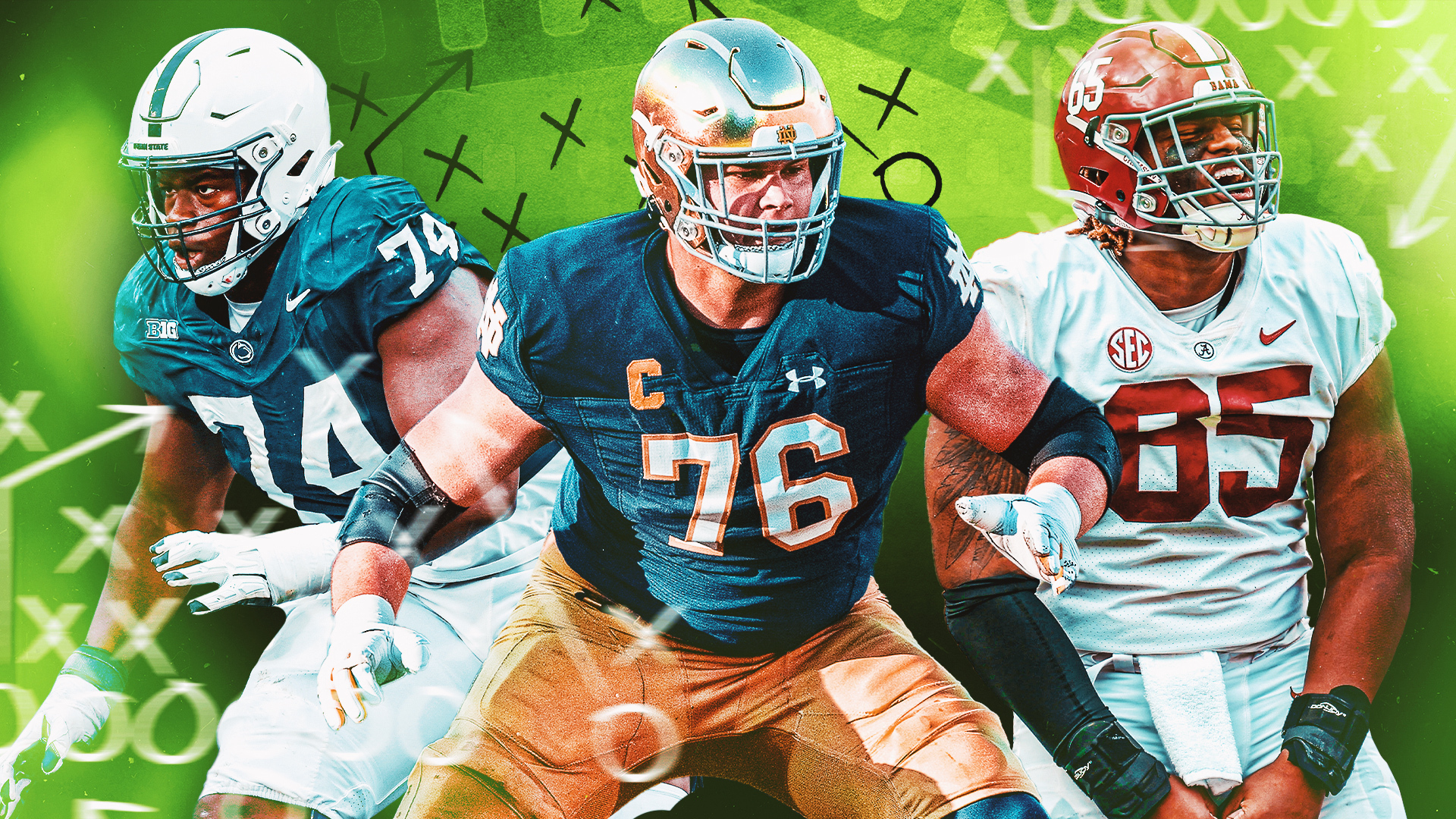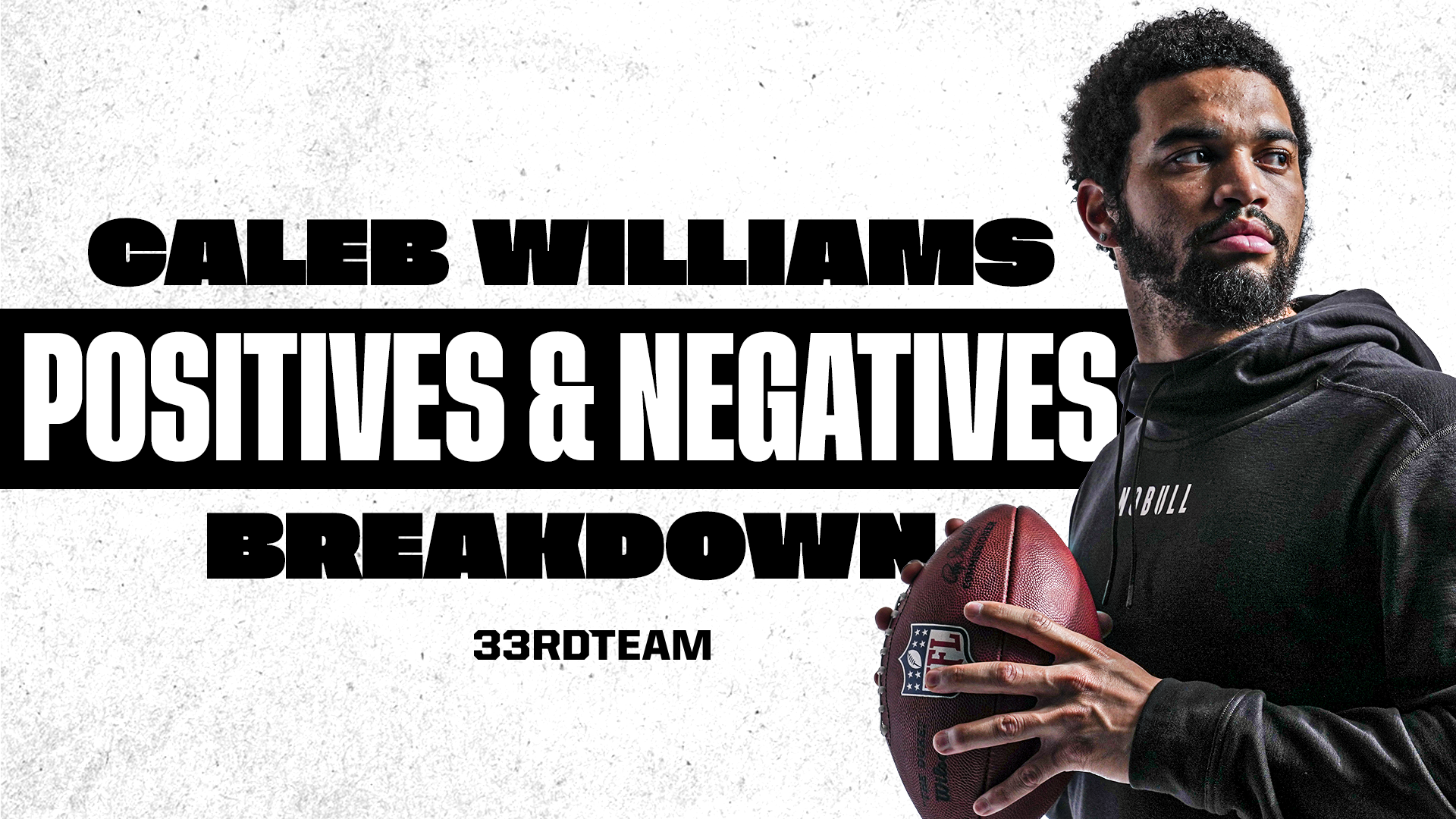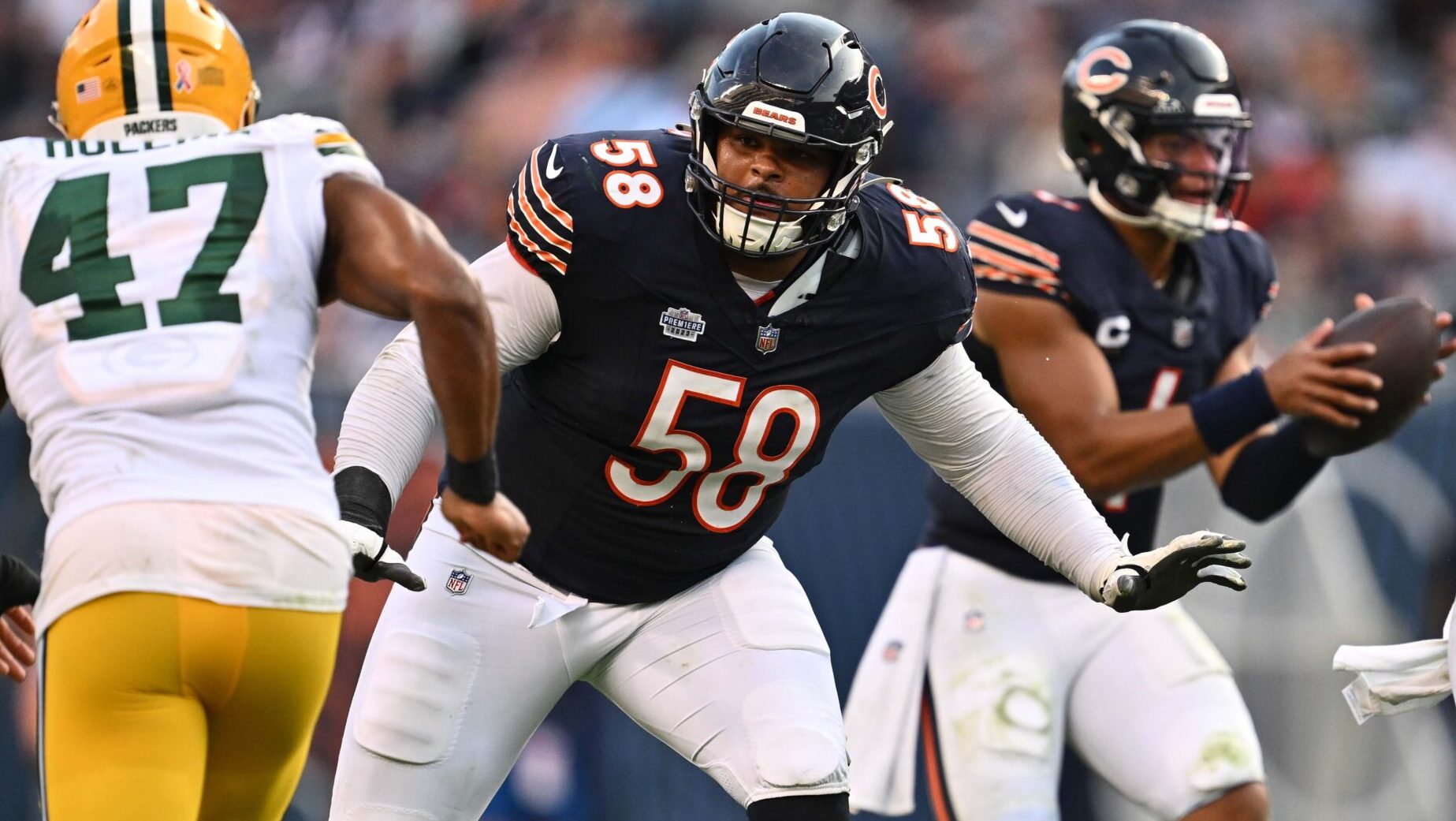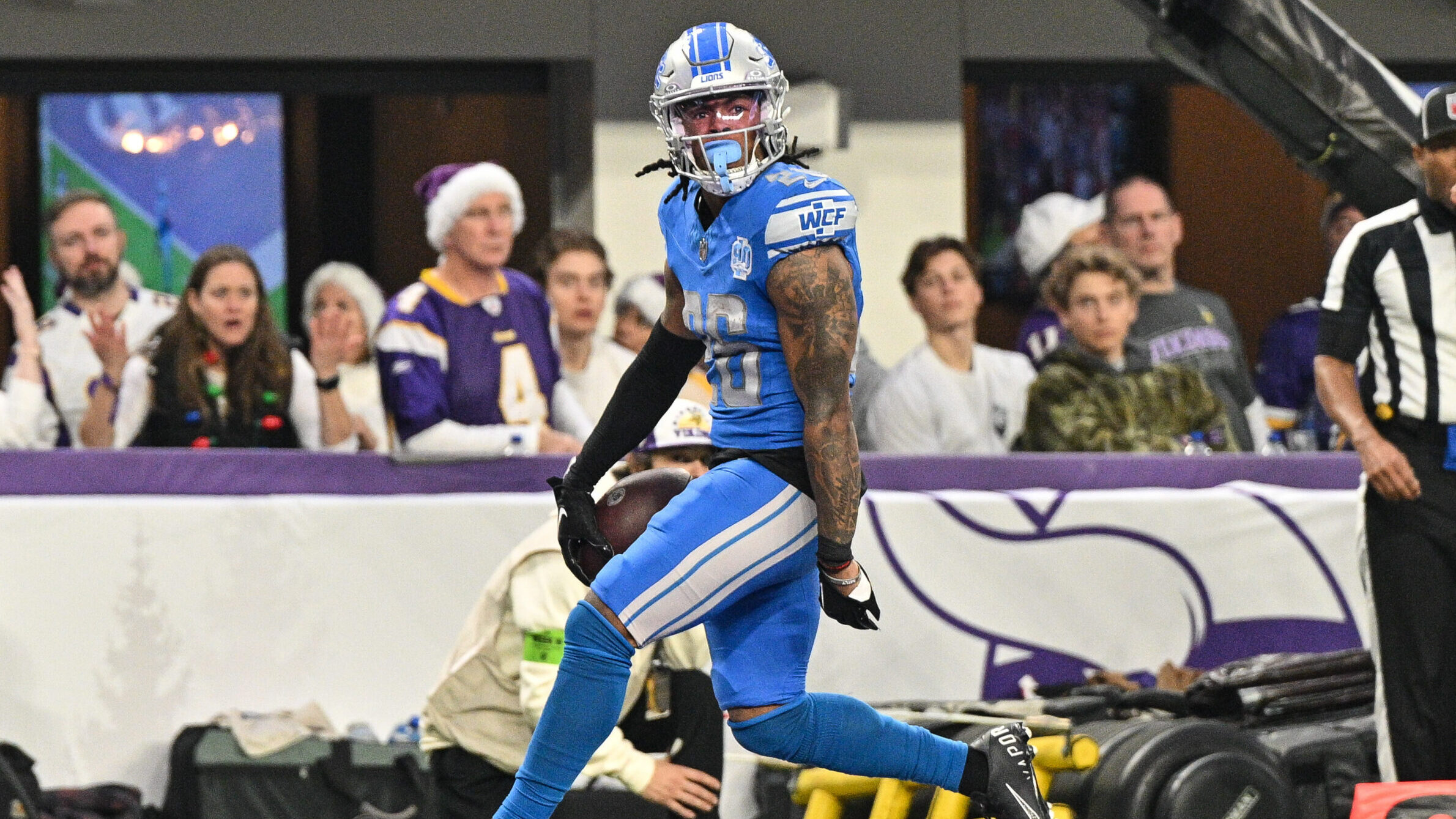Analysis
6/23/21
4 min read
Will a 17th Game Actually Keep Players From Reaching Season Incentives?
After 42 years of schedule consistency, the NFL voted on March 31 to extend the regular season from 16 games to 17 games. With more games comes more money, not just for the teams but also for the players. It also means there will be a change in the way players get paid.
First, some of the basics:
Article 31 Section (b) of the most recent Collective Bargaining Agreement states that in the league year in which the league and the clubs elect to increase the number of regular-season games to 17, then:
- Article 31 Section (b)(i): salary earned or paid over 16 games shall be modified to be earned or paid over 17 games; or
- Article 31 Section (b)(ii): salary earned or paid over 17 weeks shall be modified to be earned or paid over 18 weeks; or
- Article 31 Section (b)(iii): salary earned or paid over 34 weeks shall be modified to be earned or paid over 36 weeks.
Players have typically received their paychecks weekly during the course of the season. Players mainly wanted this expansion so they get paid for a larger portion of the year instead of just in-season. With the 36-week pay schedule, players will begin getting paid Week 1, and it will continue for the following 35 weeks.
Any veteran whose base salary is higher than the league minimum will be able to get an extra game check if their contract was executed before February 26, 2020, if the contract was not renegotiated or restricted in a way that added or subtracted value to it, and if they are on the active roster, inactive list or injured reserve for the 17th game. If a player signed his contract after February 26, 2020, he does not get any extra game check.
However, it’s not all about that extra game check. Players like Richard Sherman, Aaron Rodgers and others were very vocal once the 2020 CBA narrowly passed by a slim margin of 60 votes. In fact, preliminary discussions between the players indicated that most players were not happy with the addition of the 17th game due to fears of injury, which could lead to shorter careers.
The incentive question
So how does the expanded season affect contract incentives? It is fair to assume that it will be easier to hit contract incentives. Players who get a bonus for reaching a certain number of receptions or rushing yards or sacks in a season now have one extra game to reach that goal. But what about playing time? If a team has already clinched a playoff berth, will it be worth playing their star players down the stretch? If not, how will this affect contract incentives involving playing time?
One of the reasons the league and the NFL Players Association were able to agree on the extra game has to do with what was taken away. Through the addition of the 17th game, one less preseason game will be played. Injury data presented to leadership showed that preseason games have higher injury and concussion rates than practices and regular-season games.
Then again, most veteran players do not play the last preseason game, and it isn't very reasonable to compare the value of the last preseason game to an extra regular-season game.
With the potential of more players sitting out toward the end of the season, we may be given an extra week comprised of many games that have little to no meaning on the playoff landscape. To eliminate the risk of star players getting hurt, there could be some teams that have players sitting out the last two weeks. With the addition of two extra teams to the playoffs and only the No. 1 seed getting a first-round bye, any team not ranked No.1 that reaches the Super Bowl will be playing a 21-game season.
Moreover, any playoff team that does not have a shot at the No. 1 seed in the final month of the season is more likely to rest its starters.
With the added 17th game, it is clear the payment schedule has changed. What is not clear, however, is how much this extra game will significantly affect contract incentives. The 2021 season will be a learning experience for all involved.








